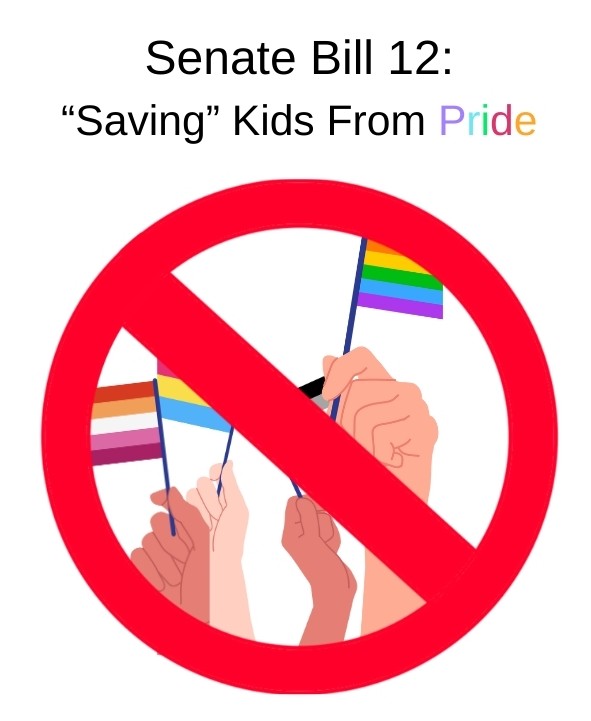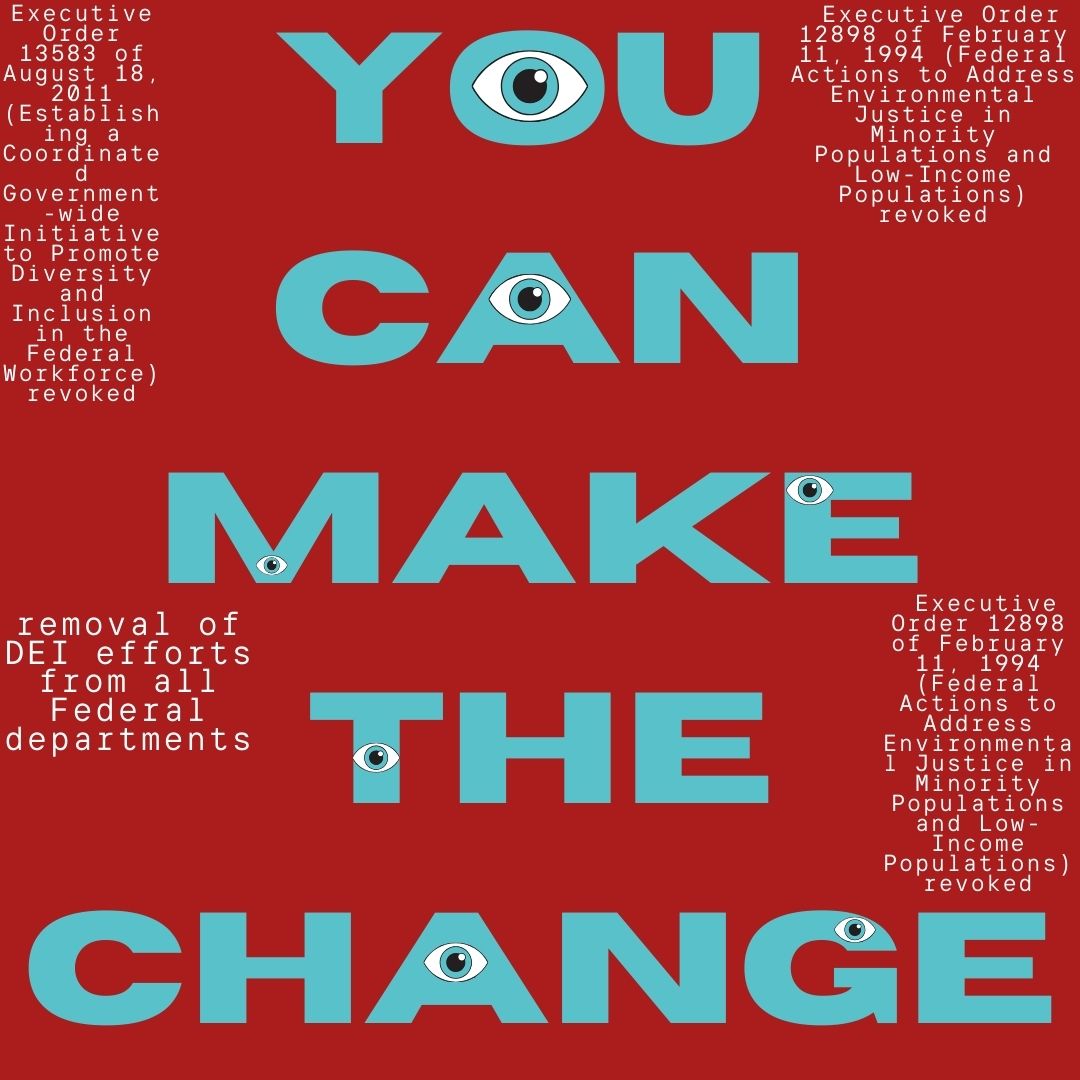Poetry over the years has been used as a form of self-expression. From the complexity of each stanza to the individual thought for how each line is proposed, every word in a poem tells a story to characterize who or what someone or something is. In recent years, poetry has been viewed as non-essential and often discarded by many students.
Poetry should be reconsidered and return as a main form of self-expression.
Whenever English teachers go over the poetry unit, students typically groan over it – saying it’s not going to help them later in life. The point of poetry is to put the words into a person’s own meaning – perspective. That’s why we are subjective to our own meaning, because we all have our own thoughts. For example, when looking at Robert Frost’s poem “Nothing Gold Can Stay,” there are different meanings within lines; this line, “So dawn goes down to day” could reference a simple time shift in a day, but someone could see it as an end to a part of life. It’s all subjective, and that’s the point; we all have our own interpretations. That’s what it means to express oneself.
Examining and interpreting poetry as a whole helps develop a layer of sophistication to a student’s mindset. In correlation with how each line develops a main idea, it strengthens the thought process to comprehend a deeper meaning that may not be noticeable at first. When writing poetry, each word represents a deeper thought. By managing to write each word into lines and stanzas, it composes inner feelings into art. Art is supposed to appeal to everyone differently, much like how music is a broad spectrum for everyone. That feeling of appealment can also be achieved whenever writing poetry, since it can bring out subconscious emotions and feelings into real life.
Many students would argue that poetry isn’t going to help them in the future, so there’s no point in learning how to write it. While it may be true that poetry won’t exactly be used in the future, it still is a good skill to learn when trying to release all of the pent-up feelings and aggressions from inside. Since art is subjective from person-to-person, any piece of poetry one writes is going to have a special connection to them. What one person thinks from that piece of poetry can connect them together, since they may feel a bond within the words. Like how music brings people closer with each moral, each stanza in a poem can unite people together in their own personal troubles or triumphs. Poetry is not just a form of literature, it’s an experience derived from emotions and passion. Everyone is going through something, sometimes all it takes is a sentence to bring truth to those thoughts.
Poetry should return as a main form of self-expression, not only bringing light to one’s thoughts, but also appealing to someone else’s experiences. While it may not be a well-recognized form of art compared to music or drawing, poetry helps share light on hardships that many people can’t put into simple words; much similar to other forms of expression, it helps bring everyone closer to a sense of unity: no one is alone.








Jenn Moore • Oct 3, 2025 at 9:28 pm
Bravo, Kayden, for a beautifully written and insightful piece. I truly believe that if students really thought for themselves, rather than so easily/quickly following others in their classes, they would reach these conclusions all on their own: poetry can be deeply personal, cathartic, freeing, and even fun.